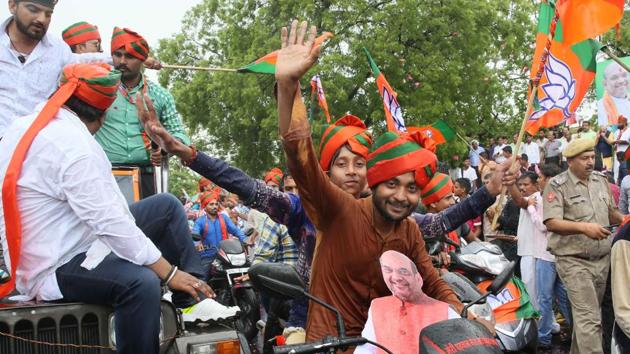India’s rich tapestry of cultures, languages, and traditions profoundly influences its political landscape, with cultural identity playing a pivotal role in shaping the aspirations and strategies of its politicians. This dynamic between culture and politics not only determines individual political trajectories but also colors the broader political discourse across the nation.
Cultural Identity and Political Engagement
India’s diverse cultural backgrounds lead to varying levels of political engagement. Recent studies show that community-based festivals and local traditions often serve as platforms for political mobilization, where leaders use cultural festivals to connect with their constituents and galvanize support. For instance, leaders participating in regional festivals such as Pongal in Tamil Nadu or Bihu in Assam use these occasions to make political statements and rally support, reflecting how deeply culture is woven into the fabric of Indian politics.
Case Studies of Politicians
The careers of numerous Indian politicians illustrate how cultural heritage influences their political paths. For example, leaders like Rahul Gandhi and Mamata Banerjee often emphasize their regional identities to resonate with local voters, highlighting their commitment to regional issues and cultural preservation. During recent elections, such leaders have campaigned extensively on preserving local languages and cultural rights, which has proven decisive in garnering electoral support.
Policy Influences
Cultural backgrounds significantly impact policy-making. Recently, the Indian government introduced policies aimed at cultural preservation, such as the establishment of new institutes for classical languages and the promotion of traditional arts and crafts, which underscore the government’s commitment to respecting and nurturing India’s diverse cultural heritage. These policies not only aim to preserve cultural diversity but also to boost local economies by promoting tourism and indigenous art.
Challenges and Opportunities
Navigating the complex landscape of cultural diversity presents both challenges and opportunities for Indian politicians. While cultural differences can complicate the creation of universally acceptable policies, they also offer opportunities to foster a more inclusive political process. Politicians must balance these dynamics to effectively govern a culturally diverse electorate and to harness cultural diversity as a strength rather than a dividing force.
Recent Developments
Recent political developments demonstrate the impact of cultural factors on national politics. For instance, debates over the Citizenship Amendment Act (CAA) and the National Register of Citizens (NRC) have seen significant pushback from culturally diverse regions, arguing that such policies undermine their cultural and demographic compositions. These debates have highlighted how cultural considerations are central to understanding and addressing political issues in India.
Conclusion
The influence of cultural backgrounds on the political aspirations of Indian leaders is undeniable. As India continues to evolve, the integration of diverse cultural perspectives remains crucial for the advancement of democratic governance. Acknowledging and embracing this diversity not only enriches the political process but also ensures that all cultural voices are heard and represented in the shaping of India’s future.
This article explores the profound impact of cultural identity on political engagement and aspirations in India, underscoring the intricate relationship between cultural heritage and political dynamics in one of the world’s most populous democracies.


Leave a Reply